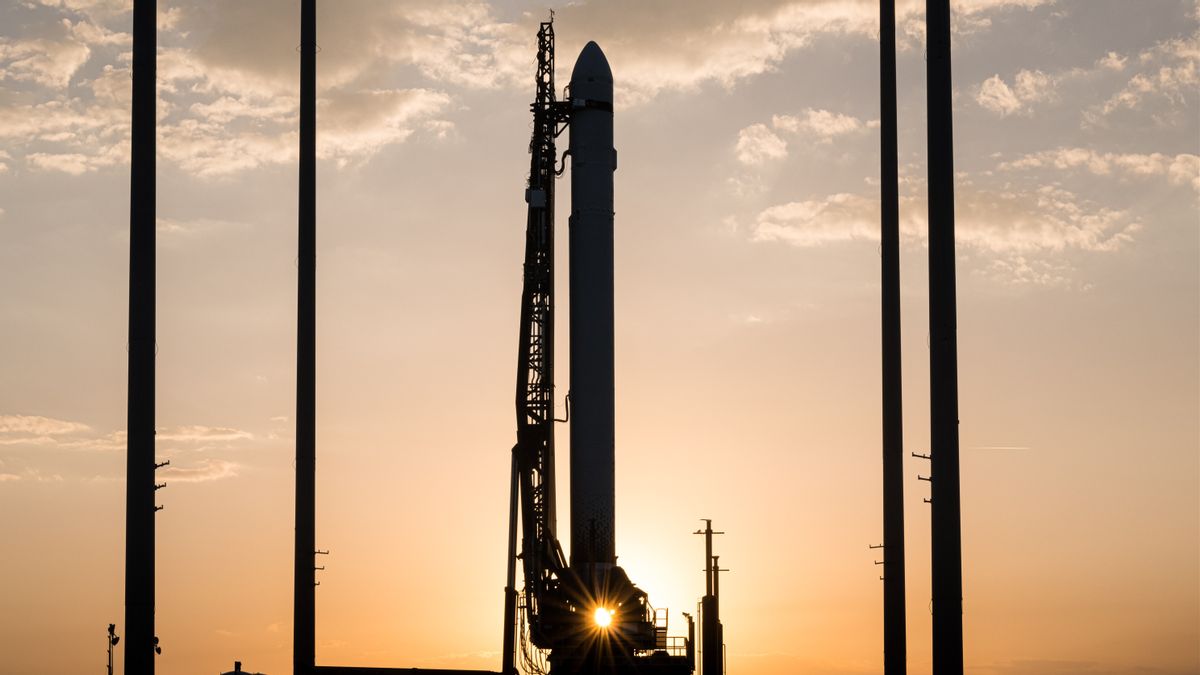JAKARTA - The launch of the world's first 3D printed rocket had to be canceled at the last minute yesterday, this was due to a temperature problem at the top of the launcher.
The rocket, dubbed Terran 1, was designed by California-based Relativity Space, United States (US), which is scheduled to be launched into orbit from Cape Canaveral Space Force Station, Florida, United States (US).
When it launched, Terran 1 did not carry any payloads at all, the company only wanted to test whether its rockets could reach Earth's orbit.
But with a countdown of more than a minute, the flight computer was immediately discontinued and the company canceled the launch the day after trying to fix the problem.
On its official Twitter page, Relativity Space tweeted the launch attempt was canceled as it exceeded the launch limit for propellant thermal conditions.
Player ready? Yup. Our next launch attempt window is confirmed for this Saturday, March 11 from 13:00 – 16:00 ET. #GLHF pic.twitter.com/lBXCm9nNeG
— Relativity Space (@relativityspace) March 8, 2023
"When using liquefied natural gas, methane takes time to reach the right concentration. This is why our next effort will be made a few days from now," tweeted @RelativitySpace.
"The team is working diligently towards our next launch window in the coming days," he added.
Relativity Space confirmed on Twitter that the next launch will take place on Saturday, March 11 from 13:00 to 16:00 ET.
Previously reported, the mission will test Relativity Space's 3D printing technology, which combines 3D metal printing, Artificial Intelligence (AI), and autonomous robots to make rockets from raw materials within 60 days.
The rocket is about 35 meters high, making it the smallest orbital rocket in the industry, and 85 percent of its mass is 3D, as quoted by TWT.
In addition, Terran 1 is designed to lift up to 1,250 kilograms of loads into low-Earth orbit, and the company sets a price of 12 million US dollars (Rp185 billion) per flight.
In comparison, SpaceX's Falcon 9 rocket can lift more than 22,000 kilograms into orbit at a cost of around 67 million US dollars (IDR 1.03 trillion) per flight.
The English, Chinese, Japanese, Arabic, and French versions are automatically generated by the AI. So there may still be inaccuracies in translating, please always see Indonesian as our main language. (system supported by DigitalSiber.id)








